From Yulsue to Briana: 11 POC on Changing Their Names to Sound More White
Credit to Author: Janae Price| Date: Mon, 03 Jun 2019 20:10:36 +0000
Wen Ling, Fernanda, Tatenda, Khaaliq—like a chipped tooth, a deep cupid’s bow, or a certain voice inflection, names can be a telling part of our identities. From them, we infer race, gender, and even socioeconomic status—whether that’s fair or not.
I hadn’t realized the importance of names until my best friend and I started applying for internships in college. She and I (both Black, Capricorn overachievers, myself a descendant of the diaspora and she the daughter of immigrants) were sick of watching all the Katies and Jakes of our class land great jobs while we struggled to get interviews. And although we could never firmly prove that our names —“Janae” (my first name) and “Abuharaz”(her last name)—were the cause of our woes, we couldn’t help but feel that there was some type of implicit bias working against us. We weren’t wrong. Studies have confirmed that job applicants with ethnic-sounding names get fewer callbacks than those with Anglo-sounding names.
Although neither of us changed our names because of prejudice against our assumed race or religions, many Americans of colour do—and have been doing so for a long time. Historically, for many, it was an imposition rather than a choice. In an attempt to “civilize” Native Americans in the late 19th century, the U.S. government put many into assimilation schools, where they were forced to take Christian names. And although we may never know how historically accurate the story of Kunta Kinte from the 1977 miniseries Roots is, the idea of getting beaten within half an inch of your life for refusing to be called your assigned name during African slavery is not far-fetched.
Today, the pressure to assimilate is still prevalent, but less obvious and implemented in subtle ways, like being denied opportunities or constantly having your name mispronounced. It’s so subtle, in fact, that most people with white-sounding names have no idea how common it is for people of color to change their names just so others don’t have to bother figuring out how to pronounce their birth names.
That’s why we gathered stories from 11 people of different backgrounds who have had to change their names—or have allowed others to change their names for them—just to get by.
From Hector to Daniel
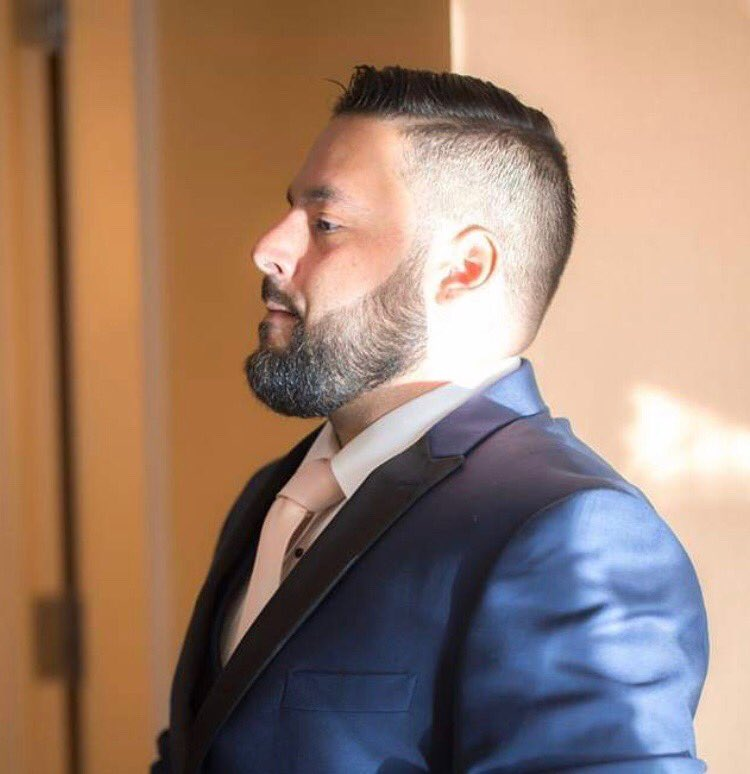
“My first name is Hector, my middle is Daniel. At the University of Wisconsin, ‘Hector’ opened a lot of doors for me. I then went to grad school in San Diego. Applying for jobs in California under the name Hector hurt me. I applied to a job first under the name Hector but never heard back. They reposted the position and I sent the exact same resume and cover letter but used my middle name, Daniel. They wrote me back the next day for an interview.”
From Wen Ling to Monique

“I’m not from the U.S.; I’m from Singapore, which is predominantly Chinese, but English is one of the main languages spoken. I competed on a national gymnastics team instructed by an American coach who regularly chose to address me by a random English name he assigned me instead of my given Chinese name. Out of a team of seven, I was the only gymnast who did not have an English-sounding, Christian name. He changed my name to Monique, and when I told him I didn’t like it, he just shrugged and laughed it off saying that he ‘really didn’t need a name that complicated.’ My name, Wen Ling, is just two syllables. The whole ordeal makes me especially determined to put in the extra effort to learn how to say people’s names correctly. It’s a seemingly small thing, but I never want to make someone feel the way I did then.”
From Arnulfo to Arnie
“My name is Arnulfo. I grew up in a majority-white, small town in Oregon and always had teachers and friends who couldn’t pronounce my name. So, in the third grade, I adopted the name Arnie. Honestly, I never really thought anything of it until I moved to Denver this last year. Here, even people of other races ask me why I go by a different name—that I shouldn’t be ashamed or embarrassed by my name. People even tell me that I need to make my real name known and force people to say it. But I’m just so used to the name that I’ve been going by because the names I get when I say my full name are: Alfredo, Alfonso, Arturo, and the list just keeps going.”
From Andrés to Andy
“Everyone in my school calls me Andy because it’s too difficult for people to properly pronounce the accent in my name (Andrés). I’m originally from Venezuela, and I’m an international student at Doane University in Crete, Nebraska. Crete is mostly white, but don’t get me wrong, I love the people there. It’s just that I prefer them saying Andy rather than Andrés because they still can’t pronounce it properly, even after I tried to teach them.”
From Khaaliq to K.C.
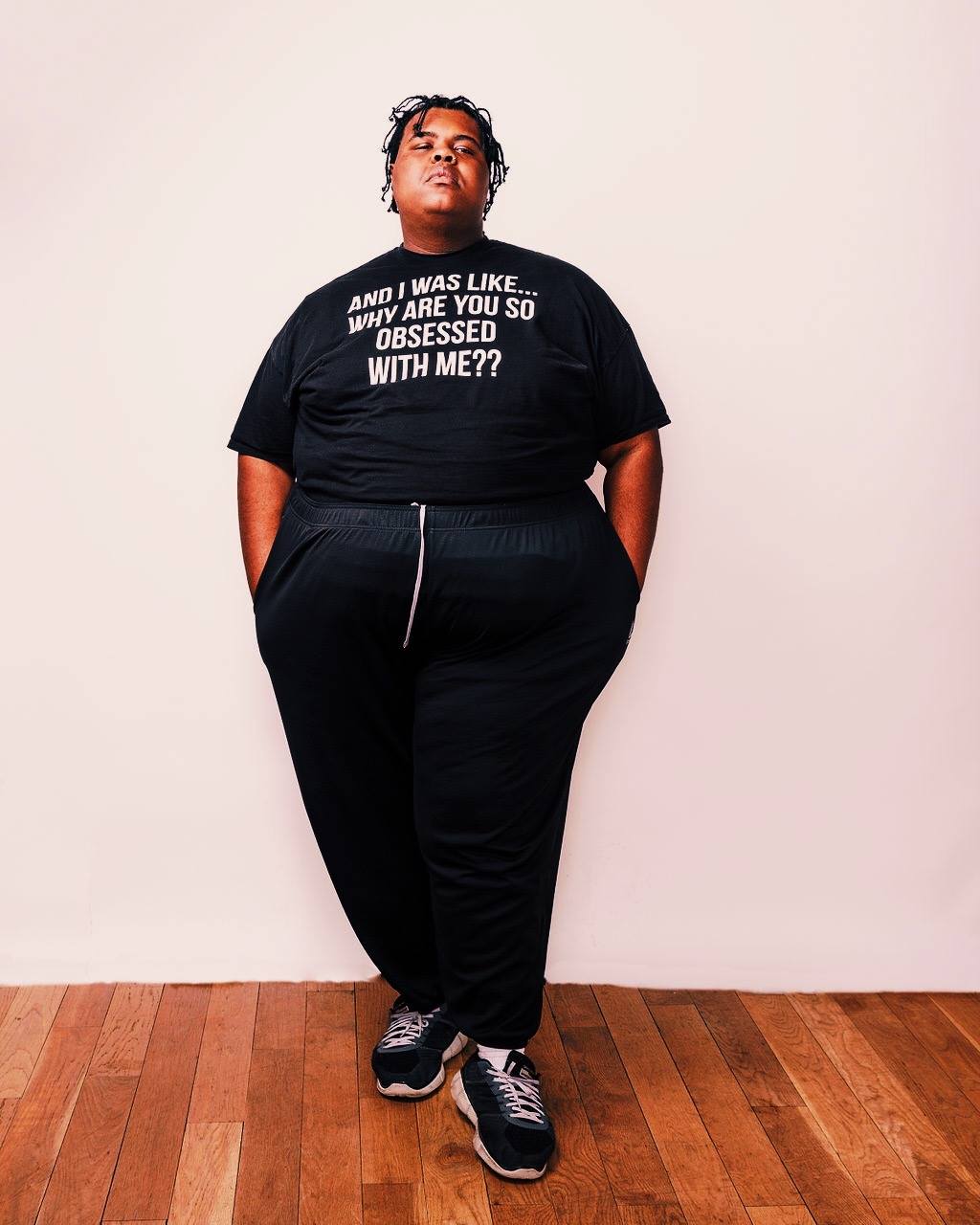
“My name is Khaaliq, which is Arabic for ‘the creator.’ My mother named myself and my other siblings names that reflected African culture. Other than nicknames, I’ve never changed my name, but I do worry that I won’t get a job or an opportunity because my name is too ethnic-sounding. I’ve also had plenty of times where teachers pronounce my name wrong or spell it wrong. At this point, if I go to a Starbucks or Shake Shack, I tell them to just put initials K.C. for my order name. I even have put on my resume how my name is pronounced.”
From Fernanda to Fern
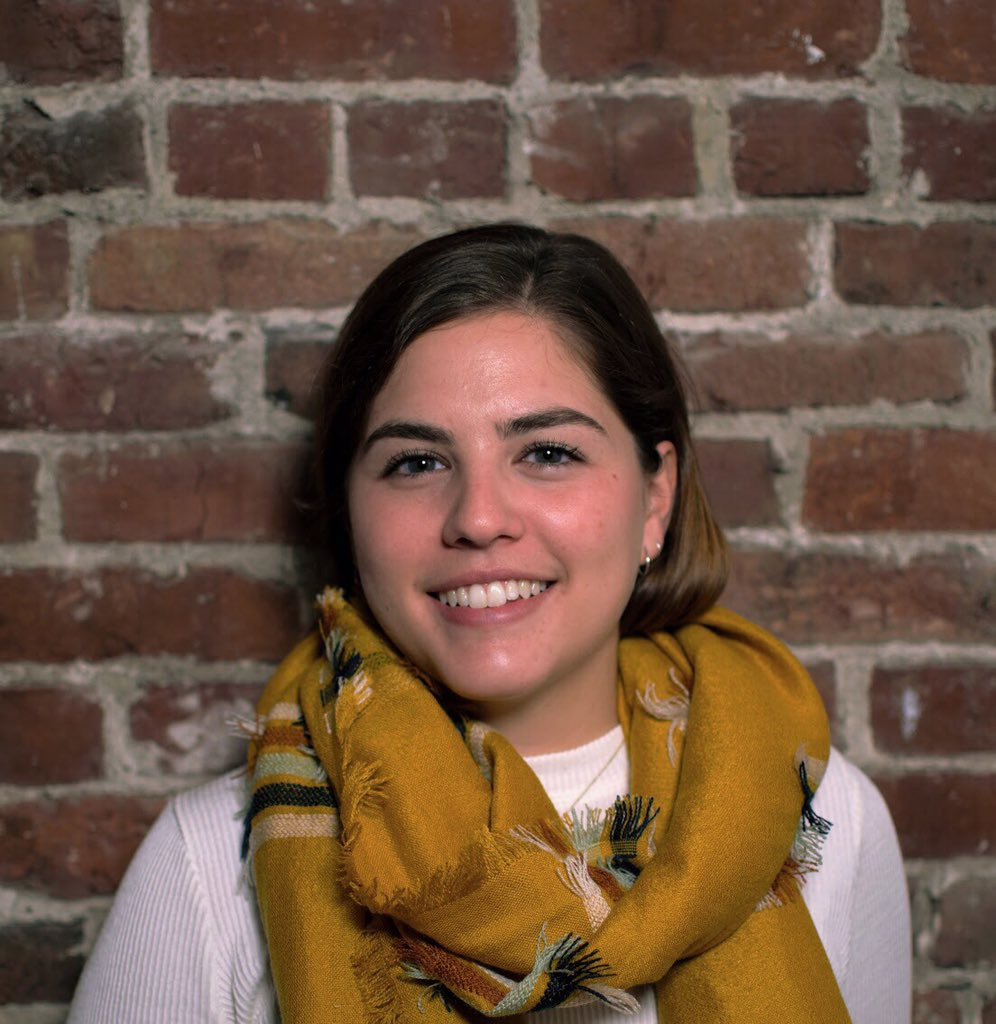
“Growing up in the U.S. after moving from Mexico at a young age, my name would be pronounced incorrectly in an Americanized way. I began to introduce myself to others using the American pronunciation of my name, even when I visited my family in Mexico. I was deeply shamed by my family for losing my Mexican identity and Hispanic roots. I went back to the U.S. feeling like I was two different people. To this day, my coworkers, friends, and soccer teammates call me Fern because it’s easier and shorter to pronounce. I’ve had teachers during class ask me if they can call me Fern because it’s easier and less work to call out each time. I can’t believe my Hispanic heritage has been cut down just because of laziness. Growing up in classes of mainly Rebeccas, Ashley’s, and Emily’s, I always felt ashamed of my name to the point of wanting to change it. Now, I embrace Fern and my Hispanic name. I introduce myself using my full Hispanic name, Fernanda Hurtado Ortiz, in its Spanish pronunciation. I now have a Fern tattoo to remind myself that I am what I choose to call myself and no one else can change that—only if I let them.
From Leonardo to Leo
“My name is Leonardo and I’m Latino. Trying to get an English native speaker to pronounce it correctly was impossible, so I tried going by ‘Leo’ a few years ago. It was a little less cringy but still not okay. I’ve just learned to live with it.”
From Tatenda to Tit
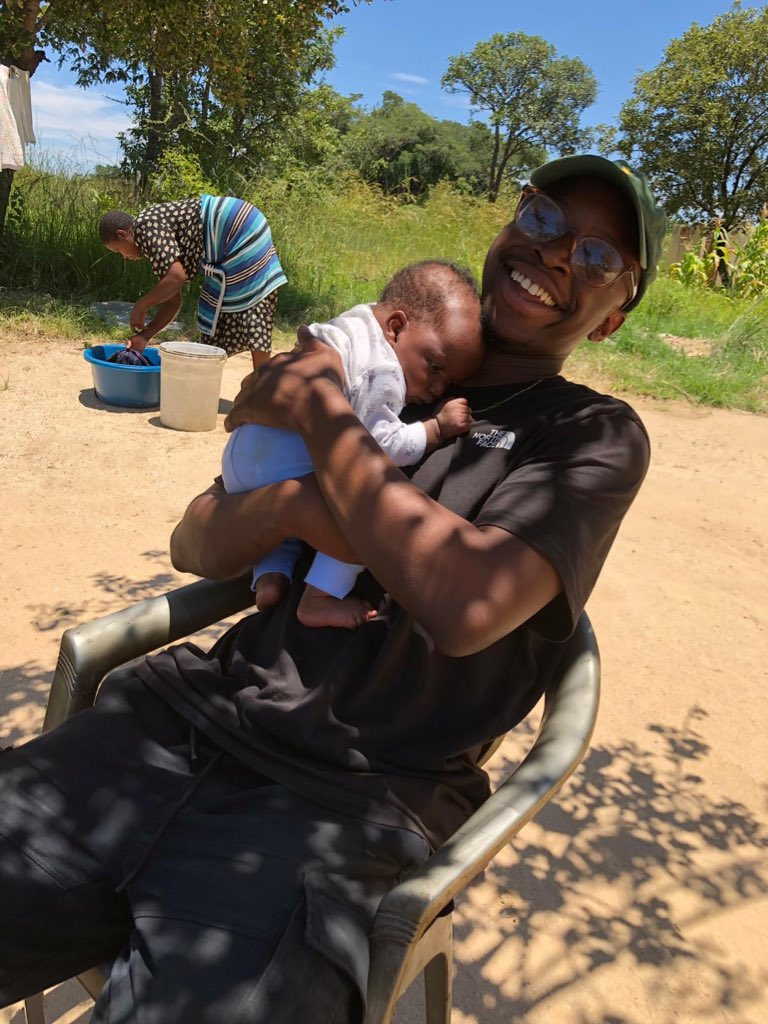
“I’m Zimbabwean and have been living in London since I was nine years old. My name (Tatenda) is common in Zimbabwe—it’s like the equivalent of ‘Jack’ or ‘Amy’ in England. It’s literally pronounced how you see it—three simple syllables, ta-ten-da. It’s surprisingly hard for some people—I’ve been called “Nintendo,” “contender,” “defender,” and all kinds of remixes—so I just said, ‘Fuck it, call me Tat,’ which I hate. Somehow, that turned into Tit, which I kind of like now!”
From Yulsue to Briana
“I go by Briana, an easily digestible English name, but my legal name is Yulsue Briana Lao. My family is Chinese. I was born in China; I came to the U.S. about a year later and Mandarin was my first language. I went by my Mandarin name of Yulsue at my Chinese preschool and went by Yulsue when I got to my American elementary school. However, it only lasted for my first year at an all-English school. I was teased all the time for my name, the lunches my mom would pack for me, the way my parents sounded when they spoke on the phone in Mandarin or Cantonese, my eyes, and more. Because of the teasing, I did my best to assimilate. I would bring Lunchables or buy lunch from the school cafeteria and ask my parents not to join me for lunch as often. When I went back to school for first grade, I told the teachers I went by Briana and got all of my friends from kindergarten to start calling me Briana, too. I used to be upset with my parents for using my Chinese name as my legal first name because we were in America, after all. But over the years, I’ve become a lot more comfortable with who I am and a lot more proud of my culture. I even attempted going by Yulsue again once I got to college, but when I saw professors struggle to say Yulsue during the first day of attendance, I caved and told them I went by Briana. I do regret being so ashamed of the origin of my name when I was younger, but when you’re a child, all you want is to fit in. If I could, I would tell my younger self that the things kids make fun of her for are what makes her so unique. Also, that once she gets older, the same people who made fun of her would be the ones raving about boba, seaweed, ramen, etc. Mandarin is a beautiful language and I’m sad I didn’t believe that at one point. I wish I could have been as proud of that then as I am now.
From Drefnie to Stephanie
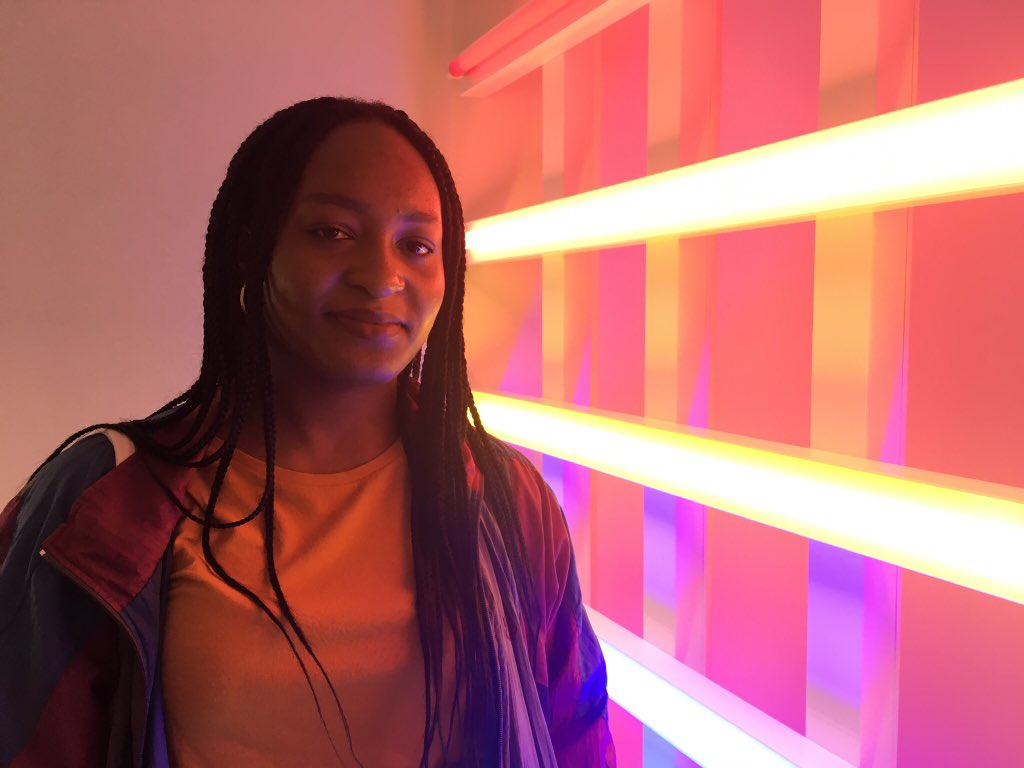
“So my name is Drefnie (dreff-knee) and I’ve heard almost every mispronunciation of it. The worst one was probably my seventh-grade history teacher, who I let call me Stephanie the whole year.”
From Aviral to Avi
“I’ve lived in five different countries and my name is pronounced differently everywhere. My nickname at home and most people know me as Avi (supposed to be pronounced Uh-vee, but most people say Ah-vee). My full name is Aviral (pronounced Uh-vee-rull), which is Hindi for incessant. Unfortunately, most people say Avril or A-viral. I’ve come to learn that each society has its own ways of pronouncing things, so I just tell most people my nickname because I don’t want them to tell me that I’m named after Avril Lavigne or exhaust myself trying to correct them. I’ve come to accept humanity’s differences and try to cherish the good within us all.”
Sign up for our newsletter to get the best of VICE delivered to your inbox daily.
Follow Janae Price on Twitter.
This article originally appeared on VICE US.